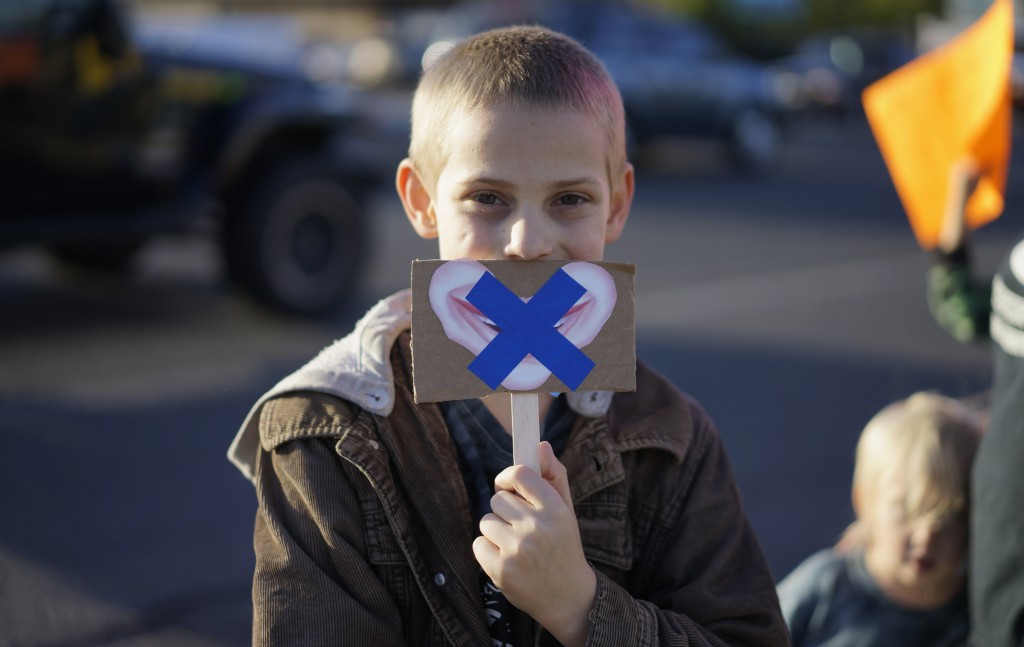

Is censorship ever justified?
The question of whether censorship is ever justified is a complex and controversial one. While censorship is often associated with limiting freedom of expression and violating human rights, there are instances where it can be argued that it serves a legitimate purpose. It is important to consider the context, intentions, and potential consequences of censorship in order to evaluate its justifiability.
One area where censorship is commonly debated is in relation to hate speech and incitement to violence. Many countries have laws that prohibit hate speech, as it can lead to discrimination, hostility, and even violence against certain groups. For instance, Germany has strict laws against Holocaust denial and hate speech targeting minorities, which are aimed at preventing the resurgence of extremist ideologies that caused immense harm in the past. These laws are generally regarded as justified in order to protect vulnerable communities and maintain social harmony.
Similarly, censorship can be justified in cases involving national security and public safety. Governments may restrict the dissemination of certain information or media content that could potentially endanger the lives of citizens or compromise the security of a nation. For example, during times of war or conflict, governments often impose censorship to prevent the release of sensitive military information that could aid the enemy. While such censorship may limit freedom of the press, it can be seen as a necessary measure to safeguard the nation and its citizens.
Another argument for justified censorship arises in situations where it aims to protect children or vulnerable individuals from harmful content. Governments and societies often impose restrictions on explicit or violent material to shield young minds from exposure to inappropriate or psychologically damaging content. This can be seen in the implementation of age restrictions on movies, video games, and online platforms. While these restrictions may be seen as limiting artistic freedom, they are intended to safeguard the well-being and development of children.
However, it is crucial to note that the justifiability of censorship is highly subjective and can vary across different societies and cultures. What may be considered acceptable in one country might be viewed as oppressive in another. Censorship can also be easily abused by authoritarian regimes to suppress dissent, manipulate public opinion, or maintain political control. Therefore, any justification for censorship must be scrutinized carefully, and mechanisms should be in place to ensure that it is not misused.
In conclusion, censorship is a contentious issue with arguments on both sides. While there are instances where censorship can be justified, such as in cases of hate speech, national security, or protecting vulnerable individuals, it is essential to strike a balance between these justifications and the preservation of freedom of expression. Society must carefully evaluate each case, considering the potential consequences and ensuring that censorship is not used as a tool for oppression or control.
Related Posts
© 2025 Invastor. All Rights Reserved

User Comments
Kole Bauer
2 years ago
Yes, sometimes it is.
Bodie Salas
2 years ago
You can justify anything; the important question is what are you trying to achieve?
Graysen Gibbs
2 years ago
I am not in a position to censor or not censor such things, I am just interested in why people think it will or will not work to censor things from this or that part of communication.
Brodie Bowers
2 years ago
In my mind that is not so much censorship as it is selective broadcasting. By censorship I mean being pressured by an external individual or group against your will.
Ronald Breeding
2 years ago
Yes. During any sort of hostage crisis you need to keep the press miles away for the entire duration so they can't accidentally broadcast details of possible rescue attempts to the hostage takers. A blackout just before a rescue attempt is as bad, since it will still tip off your hand even if it doesn't give out specific details. This happened in Munich 1974 I believe, preventing timely rescue of the hostages. After the fact - there should still be some sort of censorship about specific details so that the terrorists can't use those details to plan better next time. That is why news reports generally just say "hostages rescued after terse standoff" or something like that.
Amayah Menken
2 years ago
@Julia I am not in a position to censor or not censor such things, I am just interested in why people think it will or will not work to censor things from this or that part of communication.
Julia Gibson
2 years ago
You assume the decision to show or not show a video or photo is somehow based on its political or moral importance. It's not. It's 100 percent a business decision by the editors of the newspaper or the management of the television station. They will choose NOT to show something that they believe will offend too many of their customers or their sponsors. Their job is to provide a product that sells -- not to inform or persuade.
Amayah Menken
2 years ago
@Jacob The Mohammed cartoons are always going to be a judgement-call by the publisher as to whether or not they're willing to put themselves and their staff at risk. It's their own choice, and nobody outside that decision-making circle has the right to demand they put themselves at risk just to satisfy public curiosity
Jacob Miller
2 years ago
Like classified information? That is one thing. Troop movements, etc, I'll give a bit more leeway to censoring info. But what about the Muhammad cartoons? Publishing those resulted in death. Does that fall under your exemption? I don't think it should.
Christopher Lee
2 years ago
The right for other people to live should supercede your right to know. If the release of information is likely to result in the death of someone, that information should be censored in order to prevent that death.